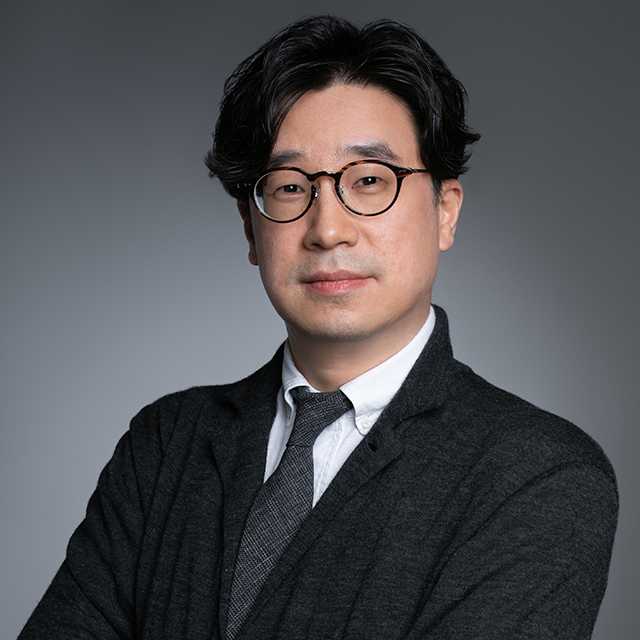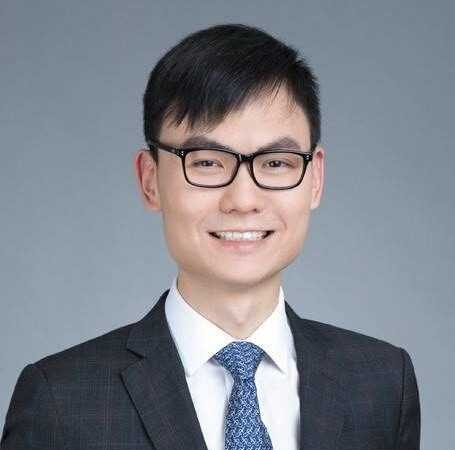Personal Injuries — Hong Kong Court clarifies meaning of “injury by accident” under the Employees’ Compensation Ordinance in dismissing claim related to a stroke in the workplace
The court accepted and emphasized that interpreting the phrase “injury by accident” as a compound expression to mean “accidental injury” would be too wide for the present purpose. Instead, “accident” is held to be distinct from “injury” and is the causative event of “injury”.
Chow Kai Yan by Ma Wai Tong, His Next Friend v Kingsway Cars T Service Ltd
| Reference: | [2022] HKDC 165 |
| Court: | District Court |
| Before: | Deputy District Judge Calvin Cheuk |
| Appearance: | Patrick Szeto instructed by Mayer Brown, appeared for the successful Respondent |
| Date of Decision: | 8 March 2022 |
Overview
The issue of whether suffering a stroke at work can constitute “injury by accident” under the Employees’ Compensation Ordinance, Cap.282 has come before the Court on a number of occasions. In this case, whereby it was claimed that work-stress had caused a stroke at work, the District Court, in dismissing the application for employees’ compensation after trial, reviewed relevant authorities and provided welcome analytical clarity in this area.
In this case commentary, Jasper Wong provides a concise overview of the background facts and the Court’s analysis.

In Chow Kai Yan, the Applicant claimed that he was entitled to statutory employees’ compensation (in the sum of HK$3,577,100.07) on the basis that he was exposed to continuous work-stress for “quite some time” when he suffered a stroke whilst he was working at his usual place of work.
After trial, the learned Deputy District Judge Calvin Cheuk, found, inter alia, that although the Applicant was at his usual place of work, there was no evidence to show that the Applicant was on any particular work-task at the time of the stroke. Further, in accepting the expert evidence of the Respondent through Dr Yu Yuk Ling, the court also found that the cause for the subject stroke was the malformation of blood vessel at the medulla oblongata which was unrelated with the work/employment of the Applicant (paras 58 & 61).
In dismissing this application, the court accepted and emphasized the following propositions of law and procedural considerations:
• That to interpret the phrase “injury by accident” as a compound expression to mean “accidental injury” would be too wide for the present purpose. Instead, “accident” is distinct from “injury” and is the causative event of “injury”. “Accident” in the present context is something “external which has some physiological or psychological effect upon that part of the sufferer’s anatomy which sustains the actual trauma, or some bodily activity of the sufferer which would be perceptible to an observer if one were present when it occurred” (paras 30 & 50);
• That “Accident”, being a causative event of injury, can be an expected event, although it sustains an unexpected injury (paras 31 & 51); and
• That the applicant must identify an event or a series of events and show that the same caused the injury in the application (paras 32, & 54-57).
In arriving at the above, the court also refused to follow Yu Po Ching v China State Construction Engineering (Hong Kong) Ltd (DCEC No 1673 of 2013, Unreported, 13.02.2017) and remarked that the case of Yu was not in line with established lines of authorities ranging from Chief Adjudication Officer v Faulds [2000] 1 WLR 1035, Secretary of State for Work and Pensions v James Scullion [2010] EWCA Civ 310 to Sit Wing Yi Sibly v Berton Industrial Ltd [2011] 4 HKLRD 91 and (2013) 16 HKCFAR 104.
Note: This case is now on appeal in CACV No 165 of 2022.
|
Patrick Szeto
Patrick studied law at the University of Hong Kong and was admitted to the Hong Kong Bar in 1995. He served pupillage in Denis Chang’s Chambers and joined as a tenant in 1996 upon completion of pupillage. Patrick has developed a general mixed practice in both civil and criminal matters. Patrick has appeared in the Court of Final Appeal on constitutional matters (adoption and right of abode), land matters (adverse possession), contract matters (conveyancing fees arrangement) and employees’ compensation matters (Wo Chun Wah v Employees Compensation Assistance Fund Board (2019) 22 HKCFAR 495 – court’s jurisdiction on costs and power of the ECAS Board to enter into settlement). Visit Patrick’s profile for more details. |
|
Jasper Wong
Jasper graduated with a Double First in Law at the University of Cambridge. He was the first recipient of the Sir Oswald Cheung Scholarship at the University of Hong Kong, which is awarded to the best HKU PCLL applicant who intends to join the Bar each year. Jasper is developing a broad civil practice, which includes injunctions, probate, conveyancing, stamp duty appeal, regulatory review, appearances before tribunals (including the Anti‐Money Laundering and Counter‐Terrorist Financing Review Tribunal) and judicial review. In the area of tort law, he is co-author of the article “COVID-19 and pure economic loss: Would Hong Kong Courts permit recovery?” Prior to becoming a barrister, Jasper served as a judicial assistant at the Court of Final Appeal from 2017 to 2018. Aside from his practice, Jasper also teaches law at CUHK and at the University of Law (Hong Kong Campus). Find out more from Jasper’s profile. |
This article was first published on 16 May 2022.
Disclaimer: This article does not constitute legal advice and seeks to set out the general principles of the law. Detailed advice should therefore be sought from a legal professional relating to the individual merits and facts of a particular case. The photograph which appears in this article is included for decorative purposes only and should not be taken as a depiction of any matter to which the case is related.

